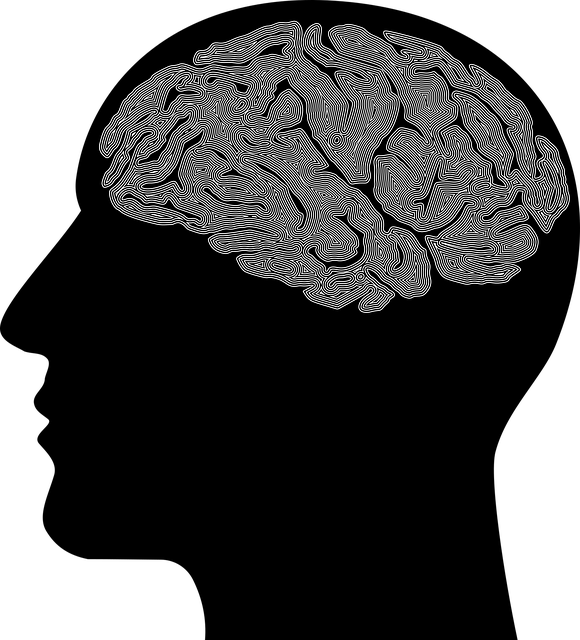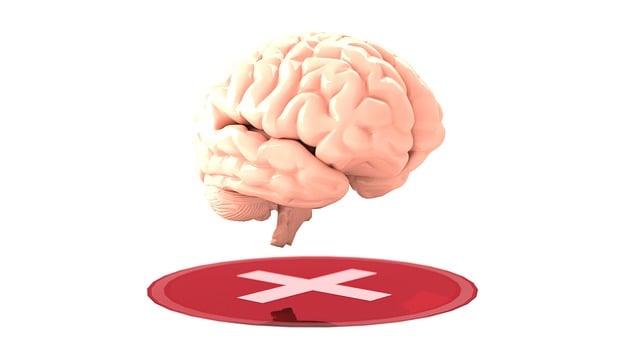Centennial Major Life Transitions Therapy offers a powerful, evidence-based approach combining mindfulness training, mood management, and mental health education to support individuals facing significant life changes. Using RFM Analysis, therapists gain insights into client behavior and design personalized programs to prevent mental health issues. Resilience-building exercises, including self-care practices and social skills training, empower clients with adaptive coping mechanisms. Success is measured through tailored assessments tracking emotional regulation and well-being, enhanced by cultural competency and compassion cultivation for better outcomes.
“In today’s fast-paced world, navigating Centennial Major Life Transitions presents unique challenges. This article explores an innovative approach—Centennial Major Life Transitions Therapy—utilizing RFM (Recollection, Feeling, Meaning) analysis to enhance resilience. We delve into a comprehensive strategy that unlocks clients’ inherent strengths and fosters adaptability. By implementing tailored resilience-building exercises, therapists can effectively guide individuals through life’s tumultuous periods. Discover how this method measures success and empowers individuals to thrive, offering a beacon of hope and strength.”
- Understanding Centennial Major Life Transitions Therapy: A Comprehensive Approach
- RFM Analysis: Unlocking Client Resilience and Strengths
- Implementing Resilience-Building Exercises: Strategies for Effective Therapy
- Measuring Success: Evaluating the Impact of RFM and Resilience Training
Understanding Centennial Major Life Transitions Therapy: A Comprehensive Approach

Centennial Major Life Transitions Therapy is a comprehensive approach designed to help individuals navigate significant changes in their lives with resilience and adaptability. This therapeutic method recognizes that major life transitions, such as retirement, career shifts, or personal milestones, can be both exhilarating and challenging. By understanding these transitions as opportunities for growth, the therapy empowers folks to build inner strength and develop effective coping strategies.
The process involves a combination of evidence-based practices aimed at enhancing mental health education programs design. Through techniques like mindfulness training and mood management strategies, individuals gain the tools to manage stress, anxiety, and potential depressive symptoms that may arise during these transitions. This holistic approach not only prepares folks for the future but also equips them with the inner strength required to thrive in an ever-changing world.
RFM Analysis: Unlocking Client Resilience and Strengths

RFM Analysis, or Recency-Frequency-Monetization, is a powerful tool in understanding client behavior and fostering resilience through therapy. By examining how often clients engage with services, their spending patterns, and the duration of their interactions, therapists can uncover valuable insights into their emotional landscapes. This method allows for a more personalized approach to Centennial Major Life Transitions Therapy, identifying individuals who may be at higher risk of mental health issues like depression.
By analyzing RFM data, therapists can design targeted Mental Health Education Programs that strengthen clients’ emotional regulation skills and build resilience. The process empowers folks to navigate life’s challenges with greater ease, promoting overall well-being. This strategy not only prevents potential crises but also enables individuals to thrive, transforming their lives and breaking down barriers associated with overcoming emotional struggles.
Implementing Resilience-Building Exercises: Strategies for Effective Therapy

Implementing Resilience-Building Exercises is a strategic approach within Centennial Major Life Transitions Therapy aimed at equipping individuals with adaptive coping mechanisms to navigate life’s challenges successfully. These exercises are designed to foster resilience, enabling clients to bounce back from setbacks and adversity more effectively. One effective strategy involves integrating Self-Care Practices into the therapeutic process, encouraging clients to prioritize their well-being through regular physical activity, mindfulness techniques, and healthy sleep habits. This holistic approach not only enhances overall mental health but also serves as a robust Depression Prevention mechanism.
Additionally, Social Skills Training plays a pivotal role in resilience building. By facilitating interactions that promote positive relationships, therapy sessions help individuals develop communication skills, empathy, and emotional regulation strategies. These competencies are instrumental in creating supportive social networks, which can serve as a buffer during challenging life transitions. Ultimately, combining these interventions creates a comprehensive framework that empowers clients to embrace change, cultivate inner strength, and thrive despite external circumstances.
Measuring Success: Evaluating the Impact of RFM and Resilience Training

Measuring success is a vital component when implementing RFM (Resilience and Freedom Model) and resilience-building exercises. Evaluating the impact of such programs is crucial to understand their effectiveness in supporting individuals through major life transitions, particularly those seeking Centennial Major Life Transitions Therapy. By assessing changes in emotional regulation skills, participants’ ability to navigate challenging situations, and overall well-being, therapists and healthcare providers can gauge the success of these interventions.
This process involves tracking progress over time using various assessment tools tailored to the specific needs of the client. For instance, Healthcare Provider Cultural Competency Training can enhance the therapist’s ability to recognize and address cultural nuances in therapy, ensuring a more inclusive and effective support system. Additionally, incorporating Compassion Cultivation Practices into the evaluation may reveal improvements in emotional resilience and empathy, further enriching the therapeutic experience. Such evaluations provide valuable insights, enabling therapists to adapt their approaches and ultimately foster better outcomes for clients navigating life’s transitions.
The implementation of Centennial Major Life Transitions Therapy, coupled with RFM (Resilience, Flexibility, and Mastery) analysis and resilience-building exercises, offers a powerful framework for enhancing clients’ coping mechanisms and overall well-being. By understanding individual strengths and weaknesses, therapists can tailor strategies to foster adaptability in the face of life’s challenges. Effective resilience training not only equips individuals with tools to navigate major life transitions but also promotes long-term mental health and personal growth. This comprehensive approach has proven successful in helping clients build a deeper sense of purpose, resilience, and emotional strength.














